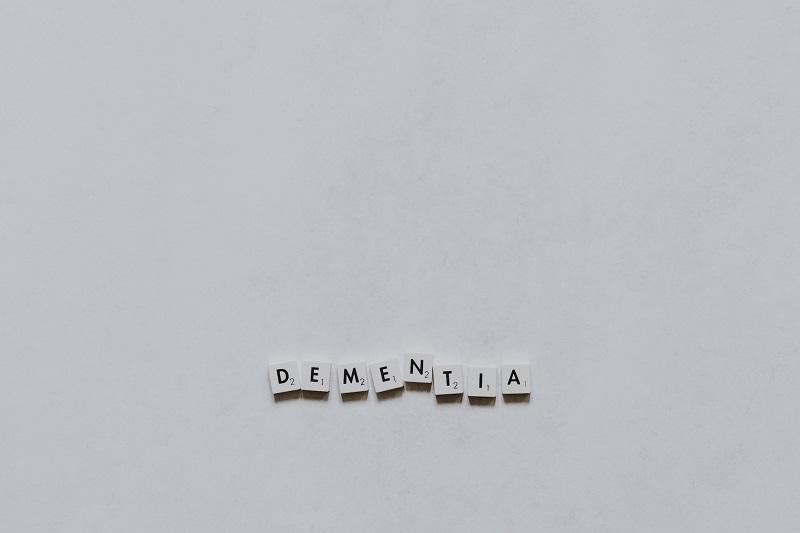It's long been known that olive oil, a crucial element in the Mediterranean diet, possesses numerous health benefits. Among these are its potential advantages for heart health and cognitive function.
Recently unveiled at the Nutrition 2023 event in Boston — a significant annual gathering hosted by the American Society for Nutrition — a study suggests a noteworthy link between regular olive oil consumption and reduced risks associated with dementia.
Results of The Study
According to this pioneering research, there's a potential 28% drop in the risk of dying from dementia for individuals who incorporate just one spoonful of olive oil into their daily meals. Such a significant reduction from a simple dietary change underscores the power of this natural ingredient. Previous studies primarily focused on olive oil's cardiovascular benefits, while this study focused on all other dementia symptoms.
One of the study's authors, Anne-Julie Tessier, elaborated on the findings. "Our study gives further weight to existing dietary guidelines that endorse vegetable oils, specifically olive oil," she said in an official press statement. It appears that such recommendations are helpful not just for the cardiovascular system, but for the brain as well in early signs of dementia.
She then compared the advantages of olive oil and other natural products to those of more conventional fats. Tessier stated, “Making a conscious choice to prefer olive oil over fats like margarine and commercially-produced mayonnaise is not just safe but could also be a decisive step in reducing the fatal risks associated with dementia.”
Genetic Factors and Dementia Risk

Among the 4,749 participants who succumbed to dementia, there was a noticeable prevalence of APOE e4. This is noteworthy, as the APOE e4 is recognized as the most potent genetic risk factor linked to Alzheimer’s disease. This association was derived from DNA analysis conducted on samples extracted either from participants' blood or mouth cells. However, it's crucial to remember that possessing this gene does not definitively result in Alzheimer's. Even with the APOE e4 gene taken into consideration, the findings of the study remained consistent.
Duane Mellor, a seasoned registered dietitian, provided a crucial perspective: “It is significant to underline that this isn't a cause-and-effect scenario. As highlighted by the authors, it's merely an association. Consequently, there's an unmistakable need for further research in this direction.”
The Olive Oil Connection: Dementia and Diet
The potential benefits of olive oil for brain health in early signs of dementia might be attributed to the antioxidant compounds it contains. Remarkably, these antioxidants have the capability to traverse the blood-brain barrier, exerting a direct influence on the brain. Additionally, olive oil might indirectly enhance brain health through its positive impact on cardiovascular wellness.
It's important to clarify that the overall diet quality of the participants didn't influence the study’s findings. However, a noteworthy observation is that individuals who integrate olive oil into their diets tend to lead healthier lifestyles overall. Moreover, there's a multitude of differences between individuals who include olive oil in their diets and those who don't. Completely accounting for all potential confounding factors is always a challenge.
Furthermore, vascular diseases are responsible for approximately half of all dementia symptoms.
Mediterranean Diet and Brain Health

An undeniable staple of the Mediterranean diet, which has been linked to multiple health benefits including those for the brain, heart, bones, and more, olive oil is sometimes overlooked by those seeking to reap the benefits of this eating pattern. Salad dressings, vinaigrettes, mayonnaise, pestos, and even simple bread dips all benefit from its versatility as an ingredient.
Eating habits are equally as important as the stuff we eat when it comes to nutrition and brain function. Staying socially engaged during meals and sharing meals with others can be beneficial for our immediate mental well-being and cognitive function as we progress in age.
Frequently Asked Questions
What is the APOE e4 gene, and how does it relate to Alzheimer's disease?
The APOE e4 gene is the most significant known genetic risk factor for Alzheimer's disease. This gene may increase a person's risk of developing Alzheimer's disease, but having it in your DNA is no assurance that you will develop the condition. Even after accounting for the prevalence of this gene among those who died from dementia, the results of the latest study remained unchanged.
When it comes to your brain, how precisely can olive oil help?
Antioxidant molecules in olive oil are able to pass the blood-brain barrier, suggesting they may have direct neuroprotective effects. By improving cardiovascular health, olive oil may also indirectly benefit brain health. There is some evidence linking olive oil consumption to a lower incidence of dementia, however this association cannot be considered causal at this time.
Apart from including olive oil in one's diet, what other factors might contribute to brain health as we age?
When it comes to brain function, the manner in which we eat plays a significant role. Engaging socially during meals and eating with others can have positive impacts on our immediate mental well-being and long-term cognitive function. It's also worth noting that the Mediterranean diet, of which olive oil is a staple, has been linked with various health benefits, including improved brain, heart, and bone health.







